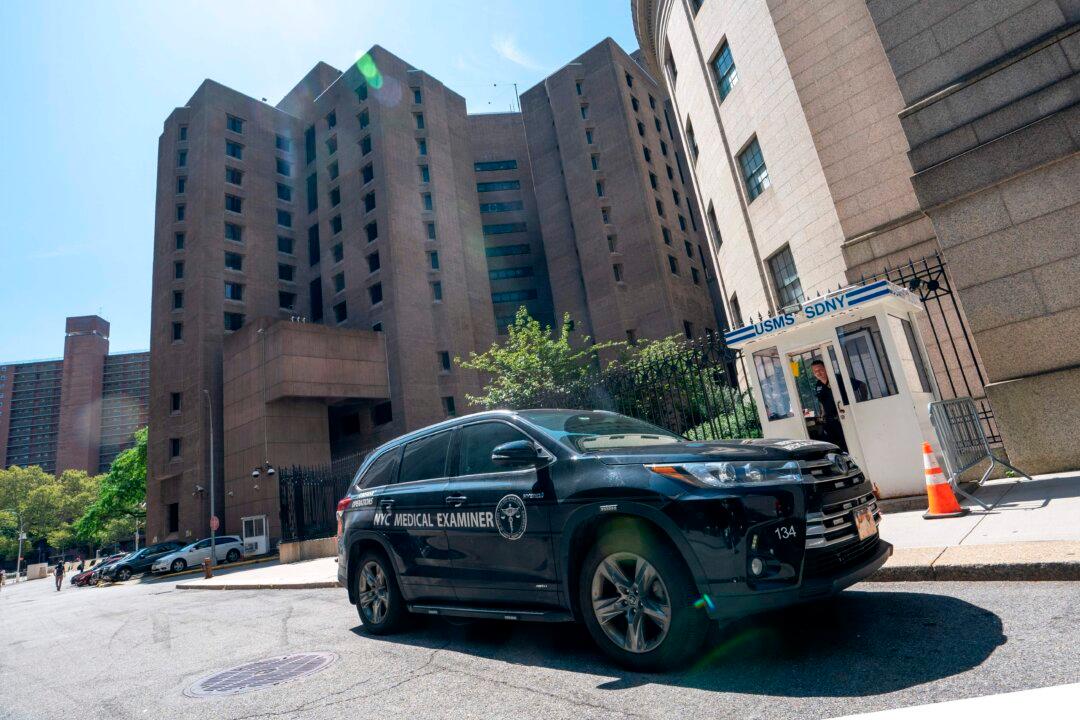A longtime Federal Bureau of Prisons (BOP) employee—who previously served as a warden of three prisons—has praised Attorney General William Barr’s appointee for director of the agency. He also called the recent staffing changes in the bureau “not uncommon.”
Cameron Lindsay, who worked at the BOP from 1989 to 2009, described newly appointed Dr. Kathleen Hawk Sawyer as a “high-quality individual.” Sawyer previously served as the prisons chief between 1992 and 2003, during part of Lindsay’s career at the agency.





